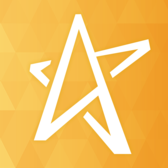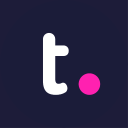How I Started A $30K/Month Conversion-Focused Shopify Development Agency
Hello! Who are you and what business did you start?
My name is Leighton Taylor, and I run an eCommerce marketing agency that helps businesses sell more on Shopify. We create beautiful, conversion-focused online stores and help our clients grow their sales through SEO and email marketing.
Our clients are primarily D2C eCommerce brands selling health and wellness products, tech products, high-end hobbyist products, and more.
Since starting the business in 2012, we’ve worked with about 350 eCommerce brands to improve their Shopify stores. Our ideal client has annual revenue from $1-10 million, and we prefer to work directly with the owner/founder. Our agency’s revenue is approximately $30k/month. We have two full-time employees and a team of contractors, and we all work remotely so expenses are low.





















